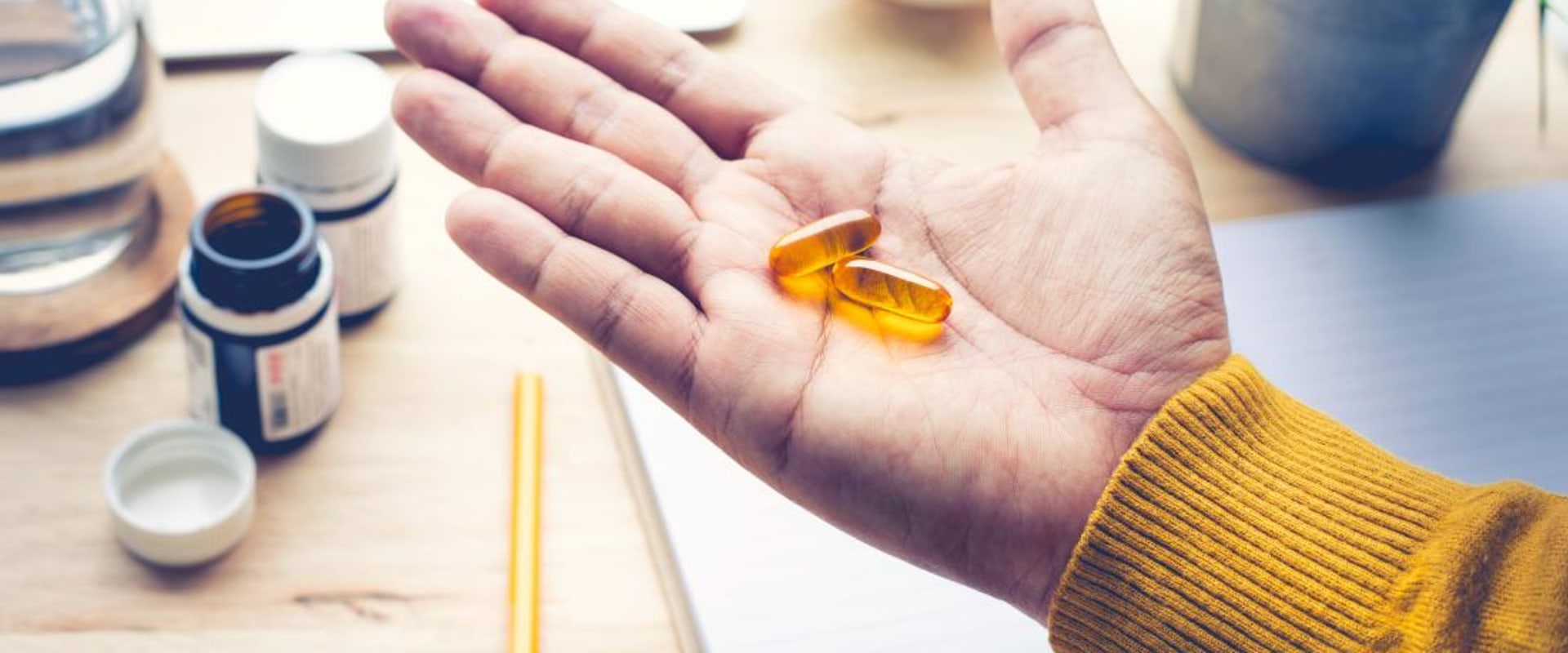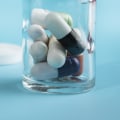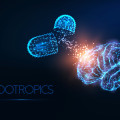Side effects may include insomnia, blurred vision, high blood pressure, fast heart rate, circulation problems, and addiction. Another type of prescription nootropic is modafinil (Provigil). Misuse of nootropics, any substance that can alter, improve or increase cognitive performance, primarily through stimulation or inhibition of certain neurotransmitters, can be potentially dangerous and harmful to the human brain, and to certain people with a history of mental abuse or substances. disorders may be particularly vulnerable to their adverse effects.
We describe four cases of probable psychiatric adverse effects induced by nootropics to illustrate this theory. As far as we know, this has not been previously reported in the formal medical literature. We briefly describe the most common classes of nootropics, including their postulated or proven methods of action, their desired effects and their adverse side effects, and provide a brief discussion of the cases. Our goal is to raise awareness among physicians in general and psychiatrists and addiction specialists in particular about the potentially dangerous phenomenon of unsupervised use of nootropics among young adults who may be especially vulnerable to the negative effects of nootropics.
The general evidence on the benefits of nootropics in healthy people seeking mental improvement remains controversial. In addition, it is important to note that nootropics are not free of adverse effects. Table 1 summarizes the mechanisms of action, the desired neuropsychiatric effects, and the adverse effects of the common classes of nootropics listed below. Despite improving wakefulness, adverse effects of armodafinil usually include headache, nasopharyngitis and diarrhea, 6 Side effects.
Citicoline has been found to cause gastrointestinal discomfort, headache, insomnia, myalgia, agitation, fatigue and tremors, 10 Adverse effects. Piracetam users have reported symptoms of psychomotor agitation, dysphoria, tiredness, dizziness, memory loss, headache, and diarrhea. Many users reported that they had not felt any cognitive enhancement or psychedelic effects after taking piracetam, 17-19 Adverse effects. Ampakines have also been found to cause headaches, drowsiness and nausea 21. Despite the long-term improvement of cortical neuronal potentiation with the use of ampacines, changing cortical neuronal plasticity in favor of long-term potentiation could lead to alterations in spatial memory and perhaps motor function.
22 Adverse effects. Adverse reactions to cerebrolysin include vertigo, agitation, and feeling hot. Two of the cases were taking psychotropic medications, which may have had drug interactions with nootropics, causing the adverse effects. There is also the possibility of undisclosed or undetected substance abuse as a causal factor.
A major limitation is the inability to definitively determine the actual composition of nootropics, dosage and frequency of use. Healthcare providers in general, and specifically those in the fields of mental health and substance abuse, should note that nootropic use is an under-recognized and evolving problem. The use of nootropics should be considered in cases where there are sudden or unexplained exacerbations of psychiatric symptoms in patients who have remained stable and who have been on medication. It is also important to remember that most nootropics are not detected in standard drug toxicology screening tests.
We have very little clinical information on how nootropics can interact with psychotropics (or other medications) and potentially cause adverse physical and psychiatric side effects. Finally, because nootropics are often obtained through loosely regulated sources, such as online sellers, it is possible that other psychoactive compounds may be substituted for the advertised nootropics. Young adults, especially those with a history of mental health or substance abuse disorders, may be at particular risk of adverse effects from nootropic use and should be informed of the potential harm of nootropic misuse. Caffeine pills and powders may contain extremely high amounts of the stimulant.
Taking them can lead to an overdose of caffeine and even death, in rare cases. An elusive and difficult to define condition, brain fog encompasses a general lack of mental energy, clarity and concentration, usually affected by brain fatigue (i.e. If you are wondering if nootropics have side effects, a headache may be the first sign that you are experiencing them. Chemically induced insomnia not only inhibits a healthy night's sleep, it can also affect cognition, contributing to brain fatigue and fog.
Although drugs show some benefits for certain types of basic cognitive challenges, most research shows little or no improvement in qualifications or work performance. The use of study drugs and smart drugs produces a number of adverse side effects. Possible side effects include anxiety, insomnia, depression, headaches, increased heart rate, dizziness, and psychosis. These drugs are commonly referred to as “smart” drugs because of the misconception that these drugs make you smarter.
This is a misconception because these drugs don't actually increase your intelligence. They work by increasing concentration, attention, and memory, and reducing fatigue, allowing users to stay focused longer than usual. The problem is that many people do not fully understand the dangers of using these drugs outside of their designated medical purpose. Getting a diagnosis of depression can be a very isolating experience.
It can drain your energy and make performing simple tasks more challenging. Claims that nootropics improve a healthy person's cognitive processes and performance are weak, while side effects do pose health risks. 2 Some of these drugs can cause dependence and can have a variety of side effects. They can be particularly damaging to young people as their brains continue to develop into their twenties.
Research on nootropics remains limited, meaning there is a lot of uncertainty about the side effects that medications can cause if used on an ongoing basis. It is recommended that these drugs be used only with a prescription from a doctor to avoid any potential harm. Over time, people may begin to develop drug tolerance and require higher doses to achieve the same effects. Some nootropics can raise the body's adrenaline levels and produce effects similar to those of drinking large amounts of caffeine, meaning that people can stay awake for long periods of time.
We also describe four cases of nootropic use that potentially led to serious unwanted adverse psychiatric effects. At this time, possession of the drug without a prescription is not illegal, which makes the drug more attractive to those looking to reap the same effects of drugs as Ritalin. Nootropic supplements that are concerned with minimizing side effects will also ensure that their formulas are free of common allergens, such as dairy, which can cause side effects in sensitive people. Ginkgo biloba may help with dementia symptoms, according to a review, which reported the effects that occur in people who took more than 200 mg per day for at least 5 months.
Suitable nootropics together with proper use of nootropics do not, or at least should not, induce side effects. It also offers tips on how to minimize the risk of nootopic side effects without sacrificing their brain benefits. Nootropics are not that different from “study drugs” and are used to produce many of the same effects. Those who develop a dependence on nootropics can turn to stronger stimulants to achieve the desired effects.
Negative interactions are the main concern in the world of nootropics, due to the popular practice of stacking. . .




